Empower your services with technology.
A year of pandemic has taught us that legal services have to renew themselves and adjust to the new social reality. The teleworking environment points out all the difficulties that the old office presented, and it is essential to offer a more versatile, more digital service.
1. Digitisation of law firms
Understandably, the vast majority of law firms are already well positioned on the Internet and provide their services with all the convenience that technology offers.
According to the results of the latest edition of the Internal Barometer of the Legal Profession, prepared by the company Metroscopia, 92% of lawyers believe that a new work organisation should be sought and that the use of new technologies and teleworking should be promoted. In addition, 81% think that the way services are delivered will have to change, with technology being a key tool.
For this reason, adaptation to the digital world is already palpable in the legal sector, and is considered mandatory for any provider of this type of services.
2. New approach to the client
Linked to the previous section, customers are the livelihood of any entrepreneur, and now it is no longer enough just to provide them with a service, it is also necessary to personalise it.
During Lefebvre’s day-long interview with Jordan Furlong (director of Law21), the dialogue focused on the figure of the client as a partner who collaborates with us.
Furlong asserts that “The future of professional services will bring clients and professionals together by constantly collaborating, building standardised processes, (…) and creating trust and transparency at all times”.
3. New service providers
In this new framework, new legal service providers have been emerging to relieve some of the burden that many traditional firms are unable to bear.
The new segmentation of legal matters has encouraged the inclusion of new business models such as ABS (Alternative Business Structure), ALSP (Alternative Legal Service Provider) and lawyer platforms.
The main issues that run this type of business are standardisable, i.e. they can be automated. These are usually functions that are performed on a daily basis, with little added value, but which take up a great deal of time. These alternative services offer their work tools to lighten these processes in an economical, precise and quality way, as they tend to specialise in economic sectors, thus aligning themselves with the client’s strategy and being a very attractive and increasingly popular alternative.
In all these new business models, it is essential to handle technology that allows them to provide services faster and more efficiently in order to be competitive in the mature and consolidated legal sector.
4. Legaltech tools
As we have seen, everything revolves around new technologies, and that brings us to legaltech, which can be defined as the set of technological tools that help provide legal services.
There are various types of legaltech tools: eDiscovery, eBilling, contract review… Currently, one of the tools that greatly improves the efficiency of legal services is contract management and automation.
Do you want to manage your documents like the most innovative companies do? Find out more about the Bounsel’s smart contract management platform and give your legal team superpowers!











